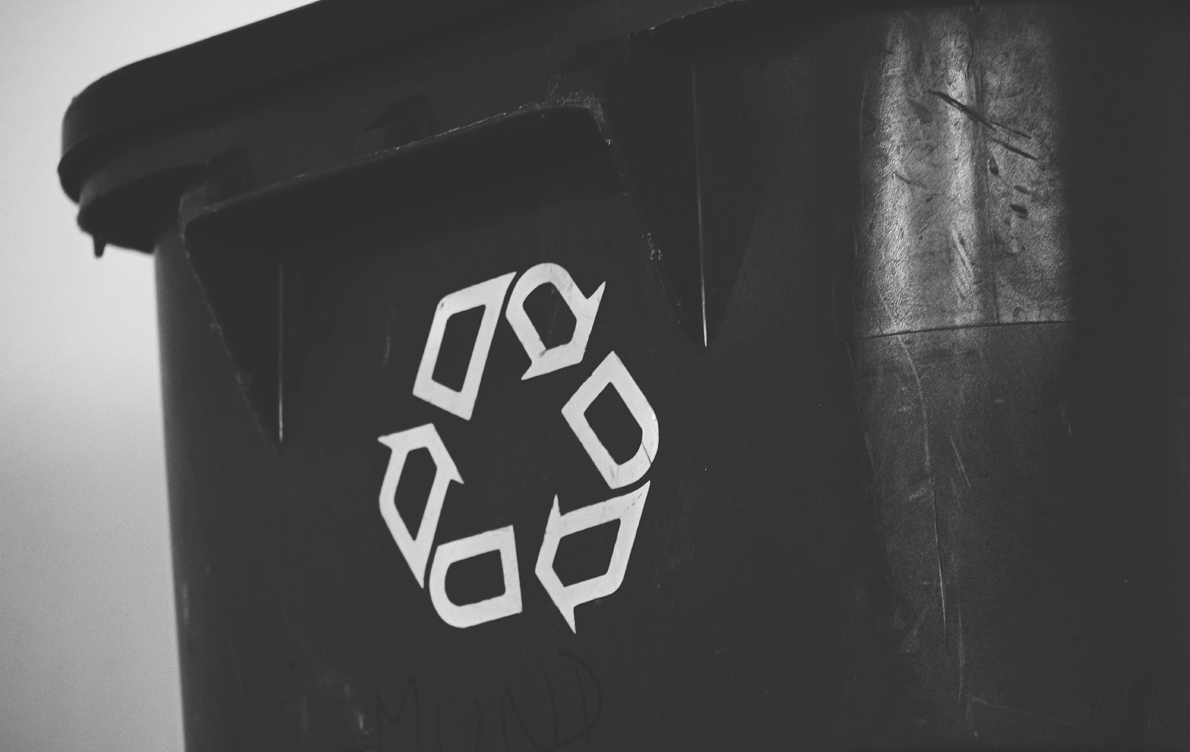Updates Coming to NY State Petroleum Bulk Storage and Chemical Bulk Storage Rules – Public Comment Period Extended to December 6, 2021

The New York State Department of Environmental Conservation (NYSDEC) is updating its Petroleum Bulk Storage (PBS) and Chemical Bulk Storage (CBS) rules.
The PBS and CBS programs regulate facilities storing small to large quantities of petroleum and other chemicals, and related spills and releases of petroleum and hazardous substances. The purpose of the updates is to harmonize the state programs with the federal regulations, as well as to provide more consistency between the state programs.
The deadline to submit public comments has been extended to December 6, 2021. The express terms of the proposed PBS rule can be found here: Part 613 and the proposed CBS rule here: Part 597 and Part 598.
Some key highlights of the proposed changes to the PBS and CBS rules include:
Reporting Requirements:
- The PBS rules now list the parties required to report spills. In addition to parties such as the facility owner, tank system owner, operators, and anyone who causes a spill at the facility, among others, the list includes “any other party and its contractors who have been retained as part of a business transaction relating to the facility.” If this last class of parties is interpreted to include prospective buyers and their environmental consultants performing due diligence, this will likely impact diligence strategy for both buyers and sellers of regulated facilities.
- The parties required to report spills at facilities under the CBS rules mirror the PBS updates described above. Note, the parties required to report spills of hazardous substances under Part 597 (e.g. any person in actual or constructive control or possession of the hazardous substance when it is spilled, or any employee, agent or representative of such person who has knowledge of the spill) has not changed.
- Under both PBS and CBS rules, suspected spills at applicable facilities must be reported within two hours of discovery, which is consistent with the timeframe for reporting actual spills and releases.
- NYSDEC’s position that certain failed testing/monitoring results constitute a suspected, reportable spill is formalized in both PBS and CBS rules.
Financial Responsibility:
- The PBS rules create new financial responsibility requirements for tank owners/operators to address corrective action measures and third-party claims for bodily injury and property damage due to releases from the operation of underground storage tanks. Acceptable financial responsibility mechanisms include an insurance policy, letter of credit, trust fund, surety bond, self-insurance, or guarantee.
Use of Alternative Leak Detection Methods:
- The PBS rules allow for alternative methods for leak detection, so long as the alternatives are approved by NYSDEC and are at least as stringent as the practices outlined in the regulations.
Response and Corrective Action:
- The PBS rules include updated provisions to the release response and corrective action requirements, including listing the facility owner, tank system owner, and operator as responsible for complying with the requirements.
Periodic Testing and Inspection Requirements:
- Both PBS and CBS rules update testing, monitoring, inspection, and repair requirements to align with the federal requirements.
Revised Operator Training:
- Both PBS and CBS rules contain revised tank operator training provisions.
We will continue to monitor developments and provide updates on the rule changes. If you have any questions, please do not hesitate to reach out.
No aspect of this advertisement has been approved by the highest court in any state.
Results may vary depending on your particular facts and legal circumstances.
As the law continues to evolve on these matters, please note that this article is current as of date and time of publication and may not reflect subsequent developments. The content and interpretation of the issues addressed herein is subject to change. Cole Schotz P.C. disclaims any and all liability with respect to actions taken or not taken based on any or all of the contents of this publication to the fullest extent permitted by law. This is for general informational purposes and does not constitute legal advice or create an attorney-client relationship. Do not act or refrain from acting upon the information contained in this publication without obtaining legal, financial and tax advice. For further information, please do not hesitate to reach out to your firm contact or to any of the attorneys listed in this publication. No aspect of this advertisement has been approved by the highest court in any state.
Join Our Mailing List
Stay up to date with the latest insights, events, and more





